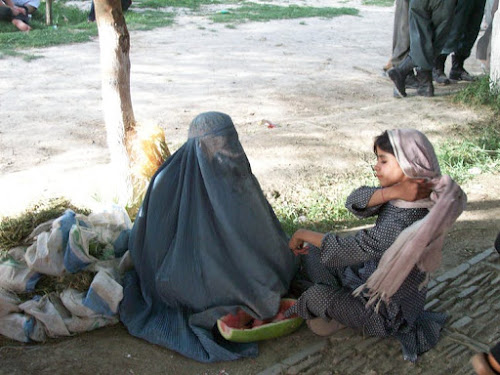Symbol of suppression?
Such as all clothes, Muslim women's attire has no singular or set implying.
In numerous nations, amongst them Saudi Arabia and Afghanistan, it's emblematic of legally-condoned suppression of ladies. In Malaysia, Iran and ISIS-dominated areas, an unique vice team manages exactly just how ladies gown. Where sharia standards prevail, women's look is never ever over the examination of specify, or of guys.
Consequently, focus on cosmetics – particularly of the eyes and brows – and plastic surgical treatment is increased in these nations.
And fashionistas in Tehran, obviously, are well-known for transforming the obligatory clothes right into a style declaration.
However in a lot of Europe and some Muslim-dominated nations, such as Chechnya, Chad and Morocco, hijabs are not mandatory, and the full-face niqab might be outlawed, as it's in France.
The Organization of Human Legal civil liberties and Amnesty Worldwide protested France's 2014 prohibit, stating that the legislation infringed on civils rights. These coincide civils rights organisations that announced, post-9/11, that the burqa was emblematic of the Taliban's patriarchal suppression of ladies.
These 2 contradictory significances uneasily coexist in the exact very same short post of clothes.
Cara Daftar Di Bandar Judi Slot Terbaik
To a ‘globalised islam'
The unforeseen rise of spiritual exercise amongst youths in the Center Eastern and Europe might provide some solution to exactly just how this is feasible, and why it is occurring.

With the failing, some 6 years back, of the Arab Springtime revolts and continuous mistrust of Western disturbance in the Center Eastern, Muslim millennials show up be transforming progressively to religious beliefs, states French sociologist Gilles Kepel in his newest essay, La Fracture.
For them, belief fills up an ideological nullify and, however electronic consumerism is commonly approved, it assists youths reveal their ridicule for hegemonic Western neoliberalism. This remembers historian Francis Fukuyama's 1992 book, The Finish Of Background and the Last Guy, which provided 2 grim choices for the future of the globe: nationalism and spiritual fundamentalism.
Religious beliefs has arised salient, however possibly not as long as Fukuyama visualized it a quarter of a century back. Rather, in an excellent situation of what Marxist historian Eric Hobsbawm called "created custom", some types of adherence to Islam have developed right into a consistent devoutness that excludes any type of recommendation to regional society. It's likewise progressively political however consists of a look at look.


